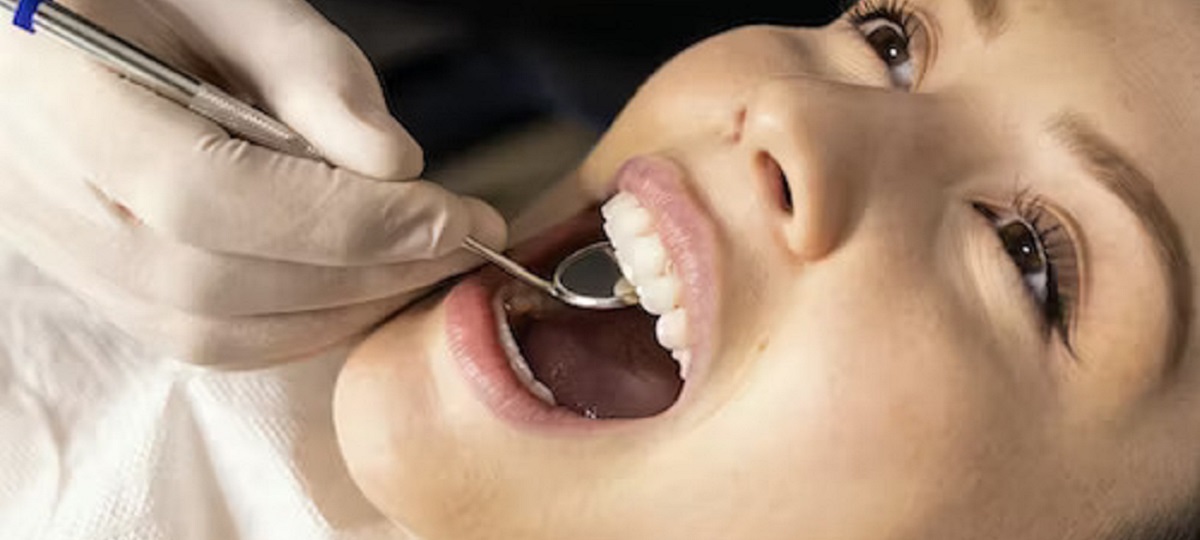When it comes to oral health, many people associate dental issues with their childhood and adolescent years. However, it’s not uncommon for adults to experience unexpected dental changes, including the emergence of extra teeth. This phenomenon, known as “supernumerary teeth,” can pose challenges if left untreated.
Understanding Supernumerary Teeth
Supernumerary teeth are additional teeth that grow beyond the usual set of 32 adult teeth. These extra teeth can develop anywhere in the oral cavity and vary in shape and size. They might appear as single teeth or even multiple teeth clusters. While the exact cause of supernumerary teeth isn’t always clear, several factors can contribute to their development.
Causes of Extra Teeth in Adults
The emergence of extra teeth in adults, known as supernumerary teeth, can be attributed to several factors. It’s critical to be aware of these elements in order to comprehend why this phenomenon occurs. Let’s delve into the primary contributors:
- Genetic Factors: Genetics play a significant role in the development of supernumerary teeth. If there’s a history of extra teeth in your family, you might have a higher predisposition to experiencing them as well. Genetic inheritance can influence dental anomalies, including the growth of additional teeth.
- Environmental Influences: Environmental factors during pregnancy can impact dental development, potentially leading to the formation of extra teeth in adulthood. Exposure to certain substances or conditions while in the womb might disrupt the normal growth pattern of teeth, resulting in the emergence of supernumerary teeth later in life.
- Syndromes and Medical Conditions: Certain genetic syndromes and medical conditions have been linked to the presence of supernumerary teeth. Conditions such as cleidocranial dysplasia, Gardner syndrome, and Ehlers-Danlos syndrome can increase the likelihood of extra teeth growing in adults. These syndromes often affect various aspects of skeletal and dental development.
Potential Complications
Adults who have additional teeth, or supernumerary teeth, may experience a number of issues that compromise their general health and dental hygiene. Understanding these potential issues is necessary to fully grasp the significance of taking care of more teeth. The following are some of the issues that might result from mature adults developing additional teeth:
- Misalignment: Supernumerary teeth can disrupt the natural alignment of your existing teeth. When these additional teeth emerge in the wrong positions, they can push and shift neighboring teeth, leading to malocclusion (improper bite). This misalignment can impact your ability to chew properly, cause discomfort, and even affect speech.
- Impaction: Extra teeth can become impacted, which means they do not fully erupt through the gums. Impacted supernumerary teeth can cause pain, swelling, and inflammation in the surrounding tissues. This problem can result in infections, cysts, or damage to neighboring teeth if it is not addressed.
- Aesthetic Concerns: Your smile’s look might be significantly impacted by visible extra teeth. Your self-confidence and self-esteem may be impacted if you have additional teeth that are out of alignment with the rest of your teeth. The harmony of the face as a whole is influenced by aesthetically beautiful teeth, and more teeth can throw off this equilibrium.
- Difficulty in Oral Care: Maintaining proper oral hygiene can become more challenging with the presence of extra teeth. These extra structures may cause hard-to-clean fissures and small gaps that raise the possibility of plaque accumulation, tooth decay, and gum disease.
- Interference with Orthodontic Treatment: For individuals undergoing orthodontic treatment, such as braces, the presence of supernumerary teeth can complicate the treatment process. These extra teeth might hinder the movement of other teeth, leading to prolonged orthodontic treatment duration and potentially affecting treatment outcomes.
Treatment Options
The management of supernumerary teeth depends on the specific situation and complications involved:
- Extraction: If the extra teeth are causing misalignment, discomfort, or other issues, extraction might be recommended. Extraction can prevent further dental problems and improve overall oral health.
- Orthodontic Treatment: For cases where alignment is affected, orthodontic treatment such as braces or aligners might be necessary to correct the positioning of existing teeth.
- Surgical Intervention: In situations where the extra teeth are impacted or causing significant problems, surgical removal might be required. This procedure is usually performed by an oral surgeon.
- Watchful Monitoring: In cases where the supernumerary teeth are not causing immediate complications, dental professionals might recommend a watchful monitoring approach. Regular dental check-ups allow dentists to track the development and potential impact of these extra teeth over time. If any issues arise, appropriate treatment can be initiated promptly.
- Prosthetic Solutions: In situations where the extra teeth are nonfunctional or severely misaligned, prosthetic solutions such as dental crowns or bridges might be considered. These dental restorations can help improve both the aesthetic appearance and function of the affected area.
Preventive Measures
While the development of supernumerary teeth is not entirely preventable, there are steps you can take to promote optimal oral health:
- Regular Dental Visits: Schedule regular dental check-ups to detect any dental anomalies early and receive appropriate guidance.
- Maintain Good Oral Hygiene: Using good oral hygiene techniques, such as brushing, flossing, and mouthwash, can help avoid a number of tooth problems.
- Monitor Family History: If supernumerary teeth are common in your family, inform your dentist so they can closely monitor your dental development.
Conclusion
In the realm of adult oral health, encountering extra teeth might come as a surprise. Whether due to genetics, environmental factors, or underlying conditions, supernumerary teeth can impact alignment, aesthetics, and overall oral well-being. If you suspect or notice the presence of extra teeth, seeking professional dental guidance is crucial. Your dentist may provide individualized suggestions, ensuring that any required procedures are carried out quickly and that any difficulties are kept to a minimum. Always practice preventive dental care if you want to keep your smile bright and confident as you age.
